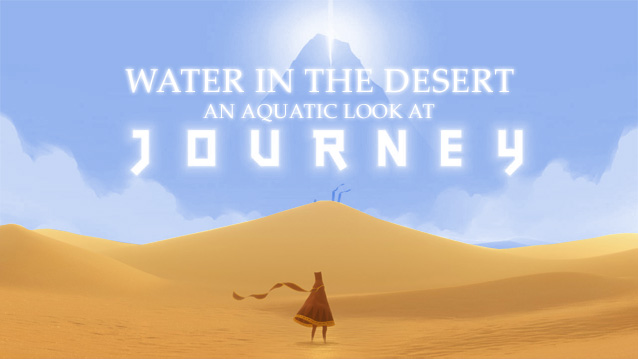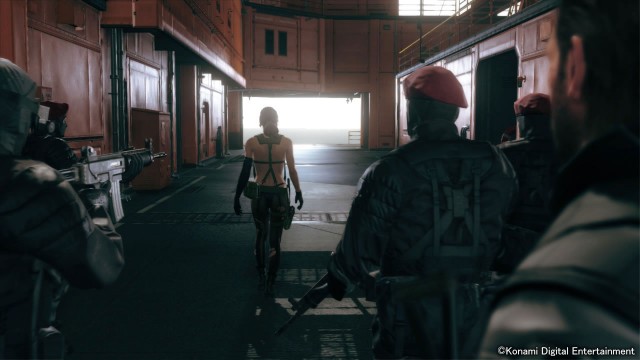Different games use any of a variety of mechanisms, including increasing in game monetary rewards, increasing level of difficulty, more powerful gear, raising the level cap, shifting content toward PvP and decreasing the availability of high end content through time limits or low drop rates. We'll take each of these in order, spending a bit more time with the more interesting concepts. Along the way, I'll probably climb up on the soapbox about various mmorpg topics, but I'll try not to stay up there too long at any one time.
Money, often expressed as drops whose only real value is monetary (gems, items for quests with monetary reward, etc) is almost a non reward. At best, money is a limbic state on the way to more tangible rewards. One of the contradictions of money in this sort of game is that while it is the route to attaining many things of value it does not, itself have value.
There are also a number of economic problems with having a system of arbitrarily increasing wealth. Yes, economic. Dispel from your mind any notion that markets within games do not move under general economic principles. One of the most common expressions of this error you will see is people saying "Why do they charge so much for XX item." The answer, every time, is because someone will pay that much. Item availability in player driven markets is governed by the law of supply and demand just like any other market. If more people want an item, the price necessarily goes up until the number of people who want it drops to approximately the number of people that have that same item to sell. Conversely, flooded markets (often a result of trade skills, but that's another matter) result in price deflation as there are far more sellers than buyers.
The problem with increasing the money supply as players level is that you increase not only each player's access to money but the total amount of money floating around in the system per player. This has the effect of driving up the price of all items. The biggest negative impact is on the prices of items intended for lower level players. Indirectly, through market operation and directly through players with both high and low level characters, some low level characters will end up with wildly disproportionate amounts of money, effectively driving up the price of most "good" low level gear beyond the ability of your average player to afford.
The practice of twinking (or tweaking, depending on where you get your slang) lower level characters with money and gear from higher levels is sometimes met with derision by the rank and file mmorpg player. The average player's frustration arises out of seeing similar level characters with incredibly superior gear that they, in some sense, didn't work for. While this is not entirely unreasonable, it is misdirected.
If the economic system can be kept in balance, then these effects can be minimized. Keeping a tight reign on the increase of money as players level is one tool to this end, money sinks are another. A money sink is basically any game element designed to reduce the total money supply. They generally take the form of some other form of reward that requires a (seemingly) incredible amount of money to attain. Keys to high end dungeon content are common money sinks, as are non combat rewards (mounts in World of Warcraft, Traveler's boots in Everquest.) By keeping control of the total money supply, designers can hold the game economy stable while still allowing those players whose joy comes from commerce to thrive.






 Firefox Is Now Global on iOS, How Does it Compare?
Firefox Is Now Global on iOS, How Does it Compare? Arduino Buying Guide: Which Board Should You Get?
Arduino Buying Guide: Which Board Should You Get? Games Like Angry Birds: Eight Awesome Alternatives
Games Like Angry Birds: Eight Awesome Alternatives God of War: Ascension Wiki .
God of War: Ascension Wiki . How to get Quiet back in game MGS V: The Phantom Pain
How to get Quiet back in game MGS V: The Phantom Pain